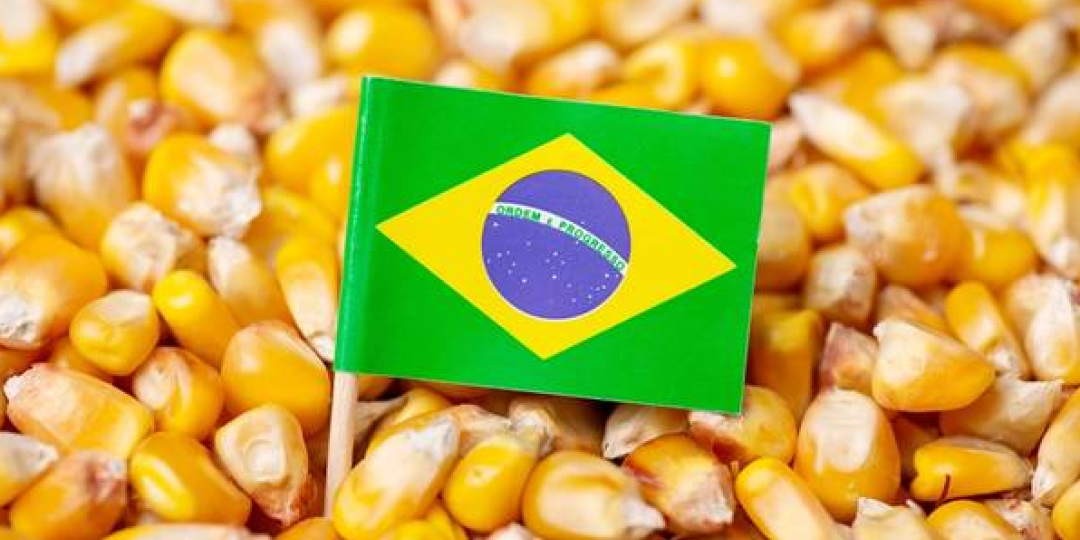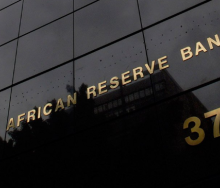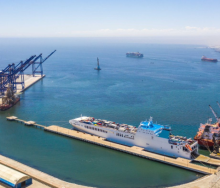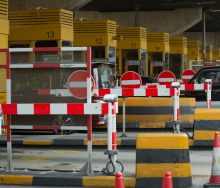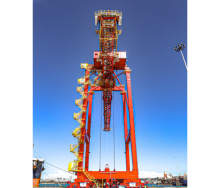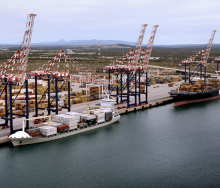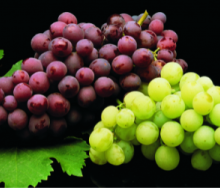In some coastal areas of South Africa, it is cheaper to import yellow maize from South America than sourcing it locally.
Fears of a possible shortage of yellow maize have been averted with a decision by the national department of agriculture to allow yellow maize imports from Brazil.
The National Agricultural Marketing Council estimated earlier this year that it might be necessary to import 383 000 tonnes of yellow maize – a crucial ingredient in animal feed – amid shrinking local production and rising prices brought about by lower rainfall in the country’s maize-producing regions.
While price increases have moderated since the 19% rise between January and May, it is still R275-R300 per tonne cheaper for animal feed manufacturers in the Western Cape, Eastern Cape and possibly also parts of KwaZulu-Natal to import yellow maize than transport it locally from the production areas.
According to the South African Cereals and Oilseeds Trade Association (Sacota), 168 000 tonnes of maize had been imported by 2 August.
“South Africa cannot just import maize from anywhere. Based on local GMO regulations, the list of cultivars approved in the exporting country must be synchronised with the local lists maintained by the Department of Agriculture,” according to a statement by Sacota. “This is despite the fact that the imported maize will be transported directly from the harbour to the feed processing plants and is prohibited from being used as seed.”
It is a complex process to synchronise these lists due to the complexity of modern GMO maize cultivars. However, on Monday Sacota received confirmation from the national Department of Agriculture, Land Reform and Rural Development that imports of Brazilian maize would now be permitted.
“Brazilian maize is also likely to price a few dollars cheaper in the coming weeks, which could help to curb rising local prices. Ensuring that South Africa can import basic food commodities from the most cost-effective exporting countries is critical for food security in times of shortages.
“This is an important step forward in ensuring food security for South Africa this season. Having more than one international supplier is critical. As it is, Argentina is experiencing a harbour export strike,” according to the Sacota statement.
